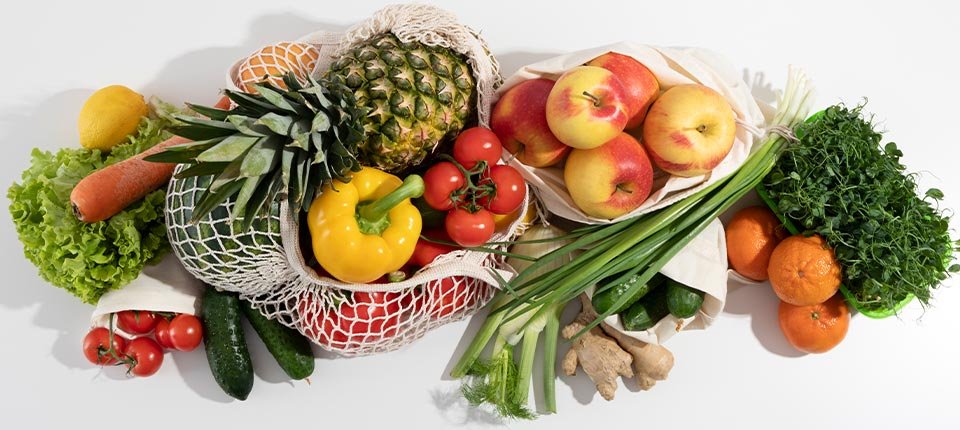Understanding the Connection Between Elevated Uric Acid, Kidney Stones, and Gout: Essential Insights for Dietary Wellness
In conversations surrounding health, it’s common to explore the intricate relationship between diet and various health conditions. One particular significant connection that deserves attention is the interplay among high uric acid levels, kidney stones, and gout. Understanding the intersection of these elements can equip individuals to make informed choices about their diet, ultimately promoting overall wellness. This blog will delve into the underlying mechanisms of these conditions, the shared risk factors they entail, and practical dietary interventions aimed at effectively managing them.

Identifying Common Risk Factors:
Several shared risk factors predispose individuals to elevated uric acid levels, kidney stone formation, and gout, with dietary and lifestyle choices playing a pivotal role. These risk factors include:
- Dietary Habits: Consumption of purine-rich foods, such as organ meats and certain vegetables, can elevate uric acid levels. Additionally, excessive intake of fructose, commonly found in sugary beverages, has been associated with heightened uric acid production.
- Hydration Status: Inadequate fluid intake can lead to concentrated urine, promoting the formation of kidney stones and impairing uric acid excretion.
- Body Weight: Obesity or overweight status correlates with elevated uric acid levels and an augmented risk of kidney stones and gout.
- Medical Conditions: Certain health conditions, including hypertension, metabolic syndrome, and chronic kidney disease, contribute to heightened uric acid levels and associated complications.

Implementing Dietary Interventions:
To advocate for a balanced dietary approach to mitigate the risk of kidney stones, gout, and elevated uric acid levels. Here are actionable dietary interventions to consider:
- Moderation in Purine Intake: While complete elimination of purine-rich foods isn’t necessary, moderation is key. Encourage individuals to limit their consumption of high-purine foods and opt for lean protein sources like poultry and legumes more frequently.
- Hydration Promotion: Adequate hydration is paramount for preventing kidney stone formation and facilitating uric acid excretion. Encourage clients to maintain optimal fluid intake, aiming for at least 8-10 glasses of water daily.
- Embrace Plant-Based Foods: Plant-based options, including fruits, vegetables, whole grains, and nuts, offer low-purine alternatives rich in essential nutrients and antioxidants.
- Limit Sugary Beverage Intake: Reduce consumption of sugary beverages, such as soda and fruit juices, which can elevate uric acid levels. Encourage hydration through water, herbal teas, or infused water blends instead.
- Weight Management Support: Facilitate weight management efforts through a balanced diet and regular physical activity, as excess weight contributes to elevated uric acid levels and associated complications.
. Alcohol Moderation: Limit alcohol consumption, especially beer and spirits, as they can elevate uric acid levels and exacerbate gout symptoms. Encourage moderation or avoidance, particularly for individuals prone to gout attacks.

Conclusion:
In conclusion, understanding the intricate relationship between elevated uric acid levels, kidney stone formation, and gout is pivotal for guiding individuals towards optimal dietary and lifestyle choices. As a dietitian, my aim is to empower individuals with the knowledge and strategies necessary to support their overall health and well-being.
By embracing tailored dietary interventions and lifestyle modifications, individuals can mitigate their risk of developing these debilitating conditions and foster long-term vitality.
Remember, even small changes in diet and lifestyle can yield significant benefits in the prevention and management of elevated uric acid, kidney stones, and gout.



